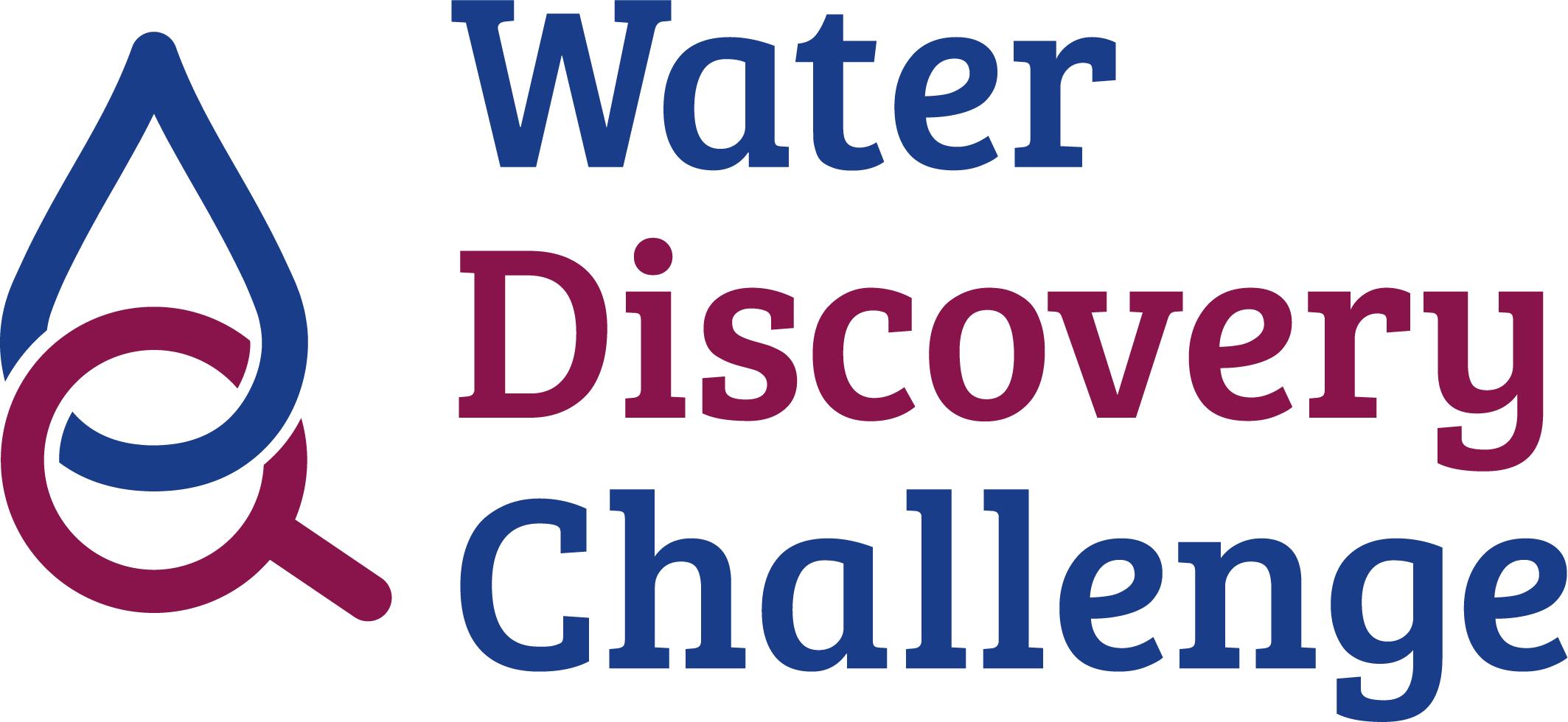Technologies that use “lightning in a jar” and a chemical process with only water and oxygen as by-products are being developed as potential alternatives to chlorine in disinfecting drinking water, have been awarded a share of £4.5 million by water economic regulator Ofwat in its first ever Water Discovery Challenge.
Anamad, one of the winners, uses “lightning in a jar” – chemically known as cold plasma– to safely disinfect water, with much lower operating costs than chlorine. Cold plasma is the electrical impulse – the jumping electrons – that spark when you ignite a gas hob. The spark is visible because it charges the air producing light and heat – this is plasma.
The technology – which looks like a strobe-lit coffee pot – requires no added chemicals or replacement parts and has low energy usage. The technique also helps to remove forever chemicals before water enters the wider environment.
Anamad is one of 10 teams being awarded up to £450,000 each as winners of the Water Discovery Challenge, to demonstrate how bold solutions can help solve the biggest challenges facing the water sector, today and in the future.
Helen Campbell, Senior Director for Sector Performance at Ofwat said: “This competition was about reaching new innovators from outside the sector with different approaches and new ideas, and that’s exactly what the winners announced today are doing. The products and ideas recognised in this cross-sector challenge will equip water companies to better face challenges of the future – including achieving sustainability goals and meeting net zero targets – all while providing the highest-quality water for consumers.”
Dr Matthew Illsley, CEO at Anamad said: “Non-thermal plasma is a low-maintenance, affordable process designed to clean water by eliminating persistent and emerging pollutants from any source of water without generating a large carbon footprint. There is no waste created in the process and it ensures forever chemicals are removed before they enter the wider environment.”
Freeox, from scientists at Cardiff University and Origin Aqua, is another winner. This is another alternative to chlorination and uses a hydrogen-based chemical to clean the water, in a process that generates only water and oxygen as waste products, therefore offering a cleaner, more cost and energy-efficient solution to filtration.
Andrew Cox, Chief Technology Officer and Founder of Origin Aqua, behind Freeox, said: “Unlike chlorine production, which is energy intensive, Freeox can be generated at point-of-use, reducing energy demand, while only creating water and oxygen byproducts- meaning there’s no chemical taste or smell. We’re excited to be upscaling and commercialising to test this game-changing technology which holds the potential to transform water treatment across the world.”
A third winner, ACQUIRE, from machine-learning company Mounce Hydrosmart, is using AI to speed the analysis of water quality incident reports – such as those made when water is heavily chlorinated. The software will also be able to identify interventions that have previously been effective in managing the problem reported – helping water companies keep drinking water safe, and ultimately accelerating how quickly customer incidents are resolved.
The competition is part of the Ofwat Innovation Fund, run by economic water regulator Ofwat, with Challenge Works, Arup and Isle Utilities and was a first for the water sector as it invited ideas from innovators across industries – unlike the Water Breakthrough Challenges.
The Water Discovery Challenge aims to accelerate the development and adoption of promising new innovations for the water sector. Over the next six months, winners will also receive non-financial support to further the development of their solutions such as mentoring, along with a final showcase event that will allow them to pitch their projects to potential water company partners and/or investors.
Other winning projects announced include initiatives to generate green electricity from wastewater. One project from the University of St Andrews will create green electricity at wastewater sites through a process that also destroys greenhouse gases. Another initiative, from ICMEA-UK, will use pressurised hot-water technology to generate green energy from contaminated wastewater.
To date, Ofwat’s £200 million Innovation Fund has awarded more than £110 million to 77 projects across England and Wales that are pioneering solutions to improve the water sector’s environmental impact – from the transition to net zero to tackling leaks and spills – and to transform services for consumers.
The Water Discovery Challenge was the first challenge from the Ofwat Innovation Fund open to non-sector entrants. Winners for the Water Breakthrough Challenge 4 (open to those in the water sector only) will be announced in May this year.




